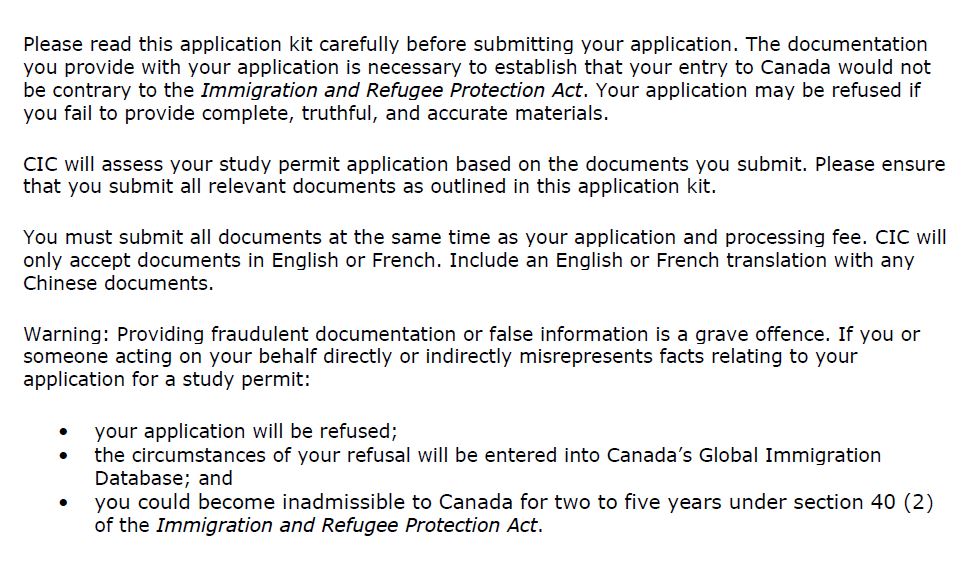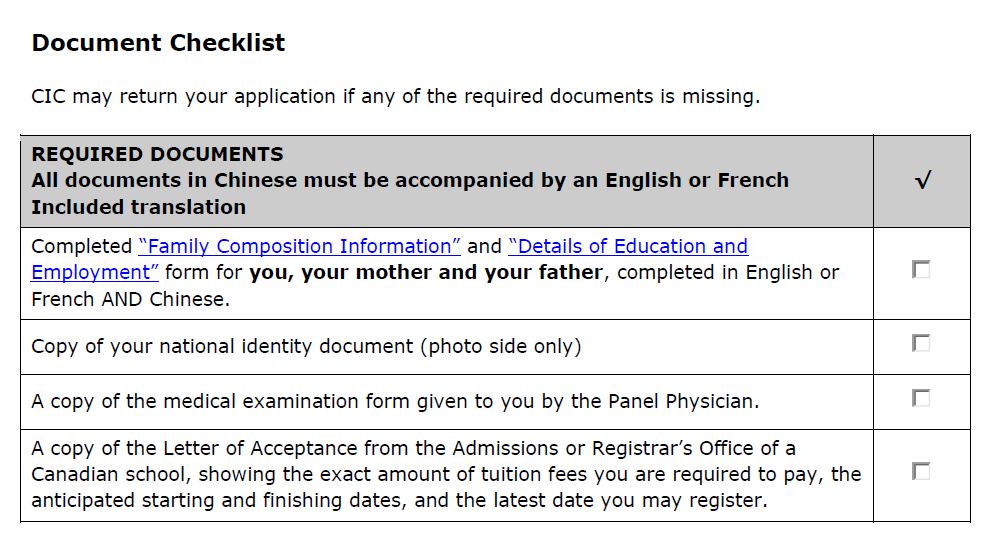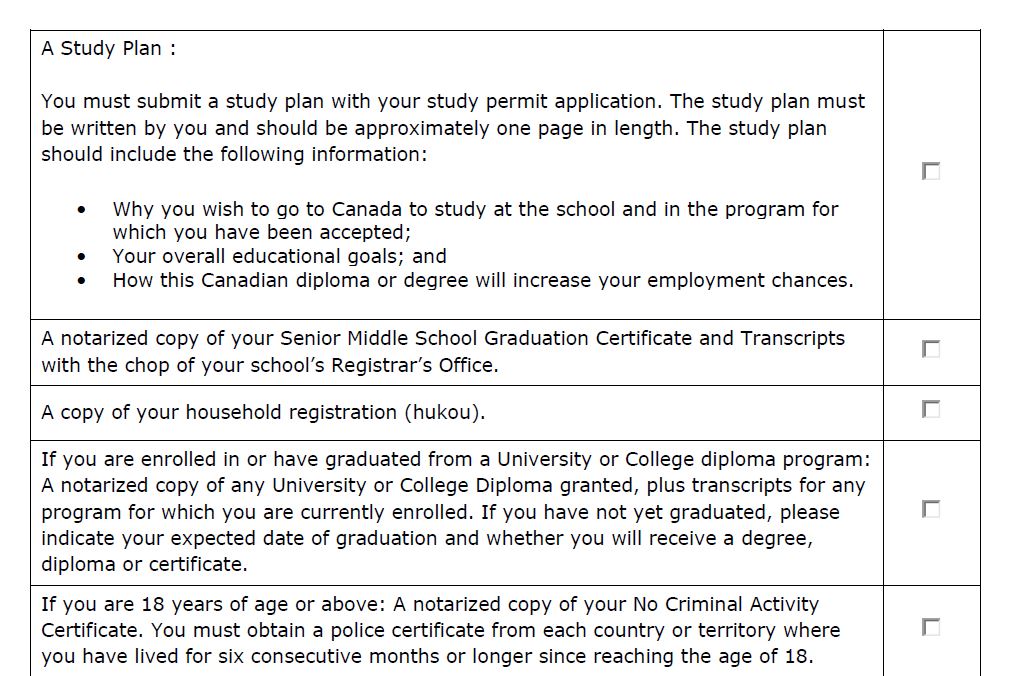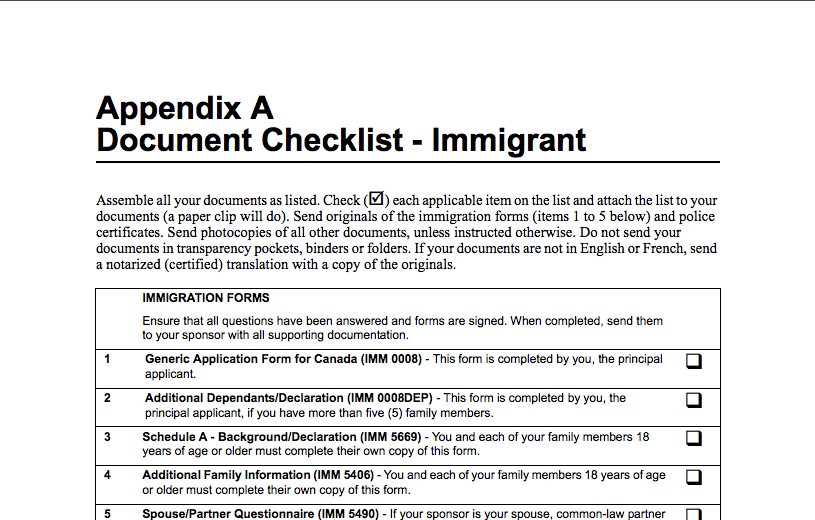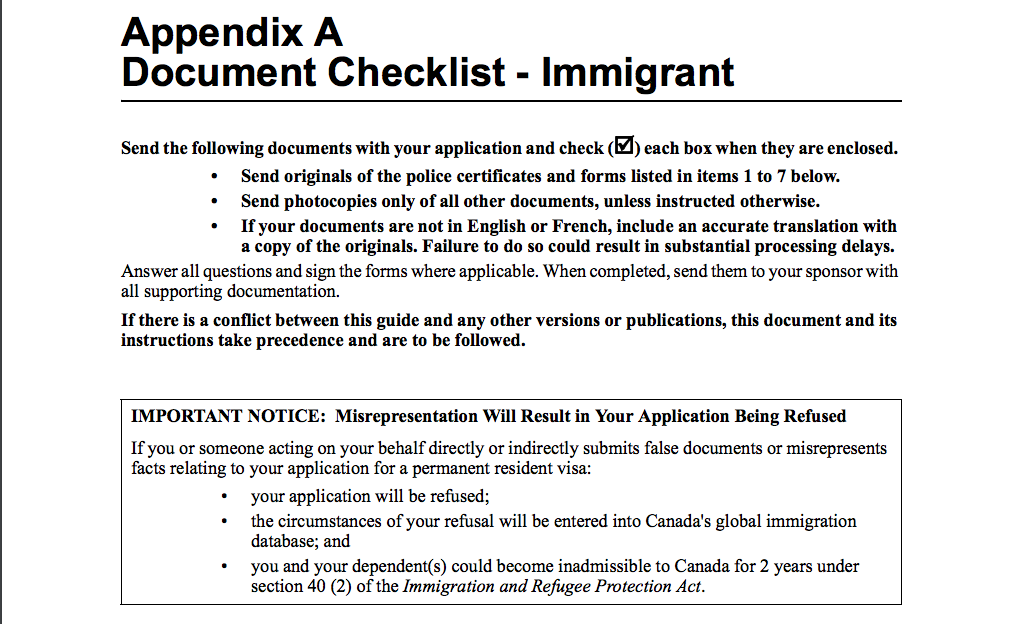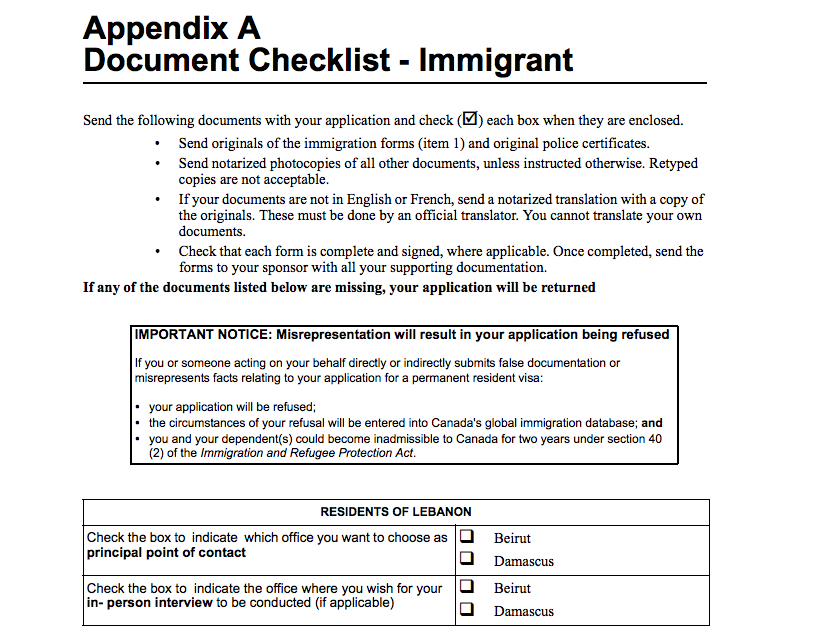Not-So Hidden Prejudice: Visa-Office Specific Document Requirements and Chinese Applicants
Canada’s historic mistreatment of Chinese migrants through immigration policy and law, though under-appreciated, cannot be understated.
It began with the introduction of the Chinese Head Tax in 1885. This led to the Government to carve out the Chinese Exclusion Act of 1923. It was not until 1967, that race and ethnic origin were removed as a valid consideration of inadmissibility in 1967. However, even after this date – spouses of Chinese applicants faced greater scrutiny and heavier requirements.
One would assume that in 2016, any government-endorsed effort (asides from the visa requirements that a nation is legally able to set out), that treats individuals of one nationality different than individuas of another may evoke some concern.
I have ALWAYS denied that institutional-supported discrimination exists in Canadian immigration. Have I seen one off cases? I have certainly read my fair share of visa officer decision and member decisions that could have been much more culturally sensitive. In many of these cases, competent counsel took their cases to appeal and judicial review and won on those grounds. Rare wrongs that mostly were righted at the end of the day.
Even, in the face of the May 2015 debacle where “uneducated” Chinese students in relationships with Canadian sponsors were revealed as a triggering characteristic for bad-faith/marriages of convenience, I somewhat accepted the then government’s response/defense. If there was a heavy incident of fraud among Chinese applicants, having an internal guide to try and shutdown the fraud can be somewhat justifiable in the circumstances.
As well-documented, the current Liberal government is focused on “sunny ways.” Many of us can feel the many rays of light that this has brought – be it through increasing family class sponsorship numbers or ending several court interventions relating to immigrant rights.
However, there are still some dark undertones in the system, recently updated and reviewed, that in my opinion still exist.
Specifically, I think these elements project Chinese applicants in a negative light, reinforce negative stereotypes, and ultimately should be amended or eliminated in an effort to re-enforce the government’s commitments to the Charter and equality.
Example 1: Visa Office Requirements China v. Western Europe
As a bit of a juxtaposition, I want to put up the Visa Office specific checklists for two visa posts – the London Visa Office and Beijing, Shanghai, Hong Kong China (Chinese) offices for study permit applicants. These form the basis of supplemental documentation required by the Visa Office to make a decision on a particular application.
Here is the one for London Visa Office:
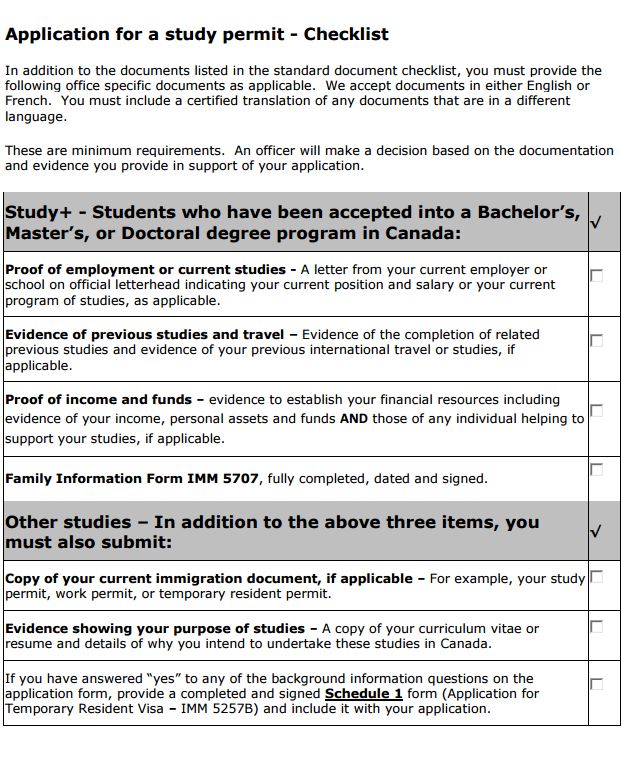 In the event the picture is too small, the additional documents are made up of only a ‘proof of employment or current studies’, ‘evidence of previous studies and travel’, and proof of income. For purpose of study, only a CV and any additional documents showing why you want to study is required.
In the event the picture is too small, the additional documents are made up of only a ‘proof of employment or current studies’, ‘evidence of previous studies and travel’, and proof of income. For purpose of study, only a CV and any additional documents showing why you want to study is required.
Let’s move now to the Chinese Offices
The preamble…..
Before we begin, a preamble. Unlike for London, for China we see immediately that Immigration is concerned about complete, truthful and accurate materials and failure to do so could lead to fraud.
I have no qualms about this particular warning. I think the integrity of our system needs to be protected above all else.
However, I do not think it makes sense to include this only on the Chinese form and not the form for other countries. Perhaps, China statistically has higher incidents of fraud than other countries. This is certainly something that needs to be addressed – and must be through greater regulation of those who are providing immigration advice. However, to slap a misrepresentation warning on one group because of a perceived reputation of that group is the definition, in my mind of, the word ‘prejudice.’ Imagine, if the goverment’s checklist warned all Middle Eastern study permit applicants that it was against the rules of immigration to be a member of a terrorist organization. The effect is the same here.
After this preamble, in my opinion more questionable content:
For an applicant apply through the London Visa Office, there is no requirement for the disclosure of information relating to the applicant’s mother and father. As this application does not age discriminate, even a 30-year old applicant must provide information about his/her father and mother in order to meet this requirement.
From my perspective, this is a view of an Asian ‘student’ as being an individual low on self-reliance and self-independence – inexplicably tied to their family rather than to self. Again, I have no qualms with requiring each family member to fill out a form – but should this not be a global requirement for visa offices?
Next, a study plan. Note that is much more detailed than the one for London. Finally, you have a list of notarized documents, for college, senior high school, and including all transcripts. From a cost perspective, notarized documents with certified translations can run up to 400-600 RMB (equivalent to CDN 100-150) per document. Easily making the immigration process an additionally CDN $1000 more expensive.
For applicants who have not already visited Canada or the United States on a valid visa, the document requirements are even higher.
We see again, a concern with not only the Applicant’s employment put the employment of the parents and any financial support. The details required to be divulged are quite detailed.
In fact, the checklist gets detailed to the point of requiring that if an applicant’s parents must provide details about their business registration.
In my opinion, if you make this a requirement for one, it should be for all. Furthermore, I would suggest that the students that you genuinely want in Canada are those who may not be able to shell out CDN $1000 for transcripts, whose parents aren’t necessarily bankrolling their education or running businesses, and who wish to study here on their own merit. None of this is contemplated, within the supplementary form. This creates several challenges, particularly where you have a potential student applicant who may not be under the care, auspice, or even favour of their parents in trying to pursue Canadian education.
Example 2: Warning Message – Application to Sponsor a Family Member Outside Canada (China v. Western Europe)
Beyond the study permit context, there is also a similar type message for Canadian/PR spouses sponsoring their loved ones from abroad.
Here is the beginning of the guide to Western Europe:
Here is the beginning of the guide to China:
Other than the fact that the 2-years for misrep should actually say 5-years (as of the January 2016 date that it was last update), I have serious concerns with the implication of warning one group but not another.
As this is a guide for both sponsors and applicants, as a future sponsor of an applicant from China, I feel like I am beginning purposely pointed out as a potential for fraud simply based on the nationality of my future spouse.
To compare, I did a spot check on other guides. This same warning does not exist for India, Japan, or even Africa. However, it does exist for the Middle East and Central Asia applicants:
Indeed, it you want to read into a little more the box is even bolder in font for Middle East and Central Asia warning of misrepresentations. Accident or not, it is clear and obvious that the visa office requirements, and by extension the Canadian immigration system, is not treating all applicants similarly.
More Evidence – More Problems
Perhaps a defense that may be raised to the hierarchy of ‘distrust’ argument, is that India’s guide does not discuss fraud, even with it’s pre-existing reputation. If it is indeed, right now, the decision of individual visa offices to choose the content on their office-specific forms, I would argue that more harmonization is desperately needed.
In my opinion, a fair and just immigration system treats applicants and potential applicants as fairly and equally as possible without pre-conceived notions as to who they may be and what they may do, without evidence.
Warning an applicant from a particular country or region without warning another is a preconceived notion.
The fact is these requirements, directly affect results as well. I have seen more than one refusal decision where an female applicant from China was called “young” and “mobile”, leading to the conclusion she would not leave after the end of her intended stay – a requirement for temporary residents.
Furthermore, the documents themselves pose major privacy and even evidentiary issues. The more evidence an applicant provides in an immigration context, inevitably the more scrutiny they will face in so-doing. From an applicant’s perspective, the more they are being scrutinized, the more they will think that there is a distrust of them.
Additionally, the document quality standards in most countries pale in comparison to the Canadian standards. In many countries and particular poorer/less affluent regions, translations into English/French are not accurate and prohibitively expensive.
Fraud needs to be combatted, but at the same time it needs to be done in a way that equal, just, fair, and upholds the value of our Charter – one […]
